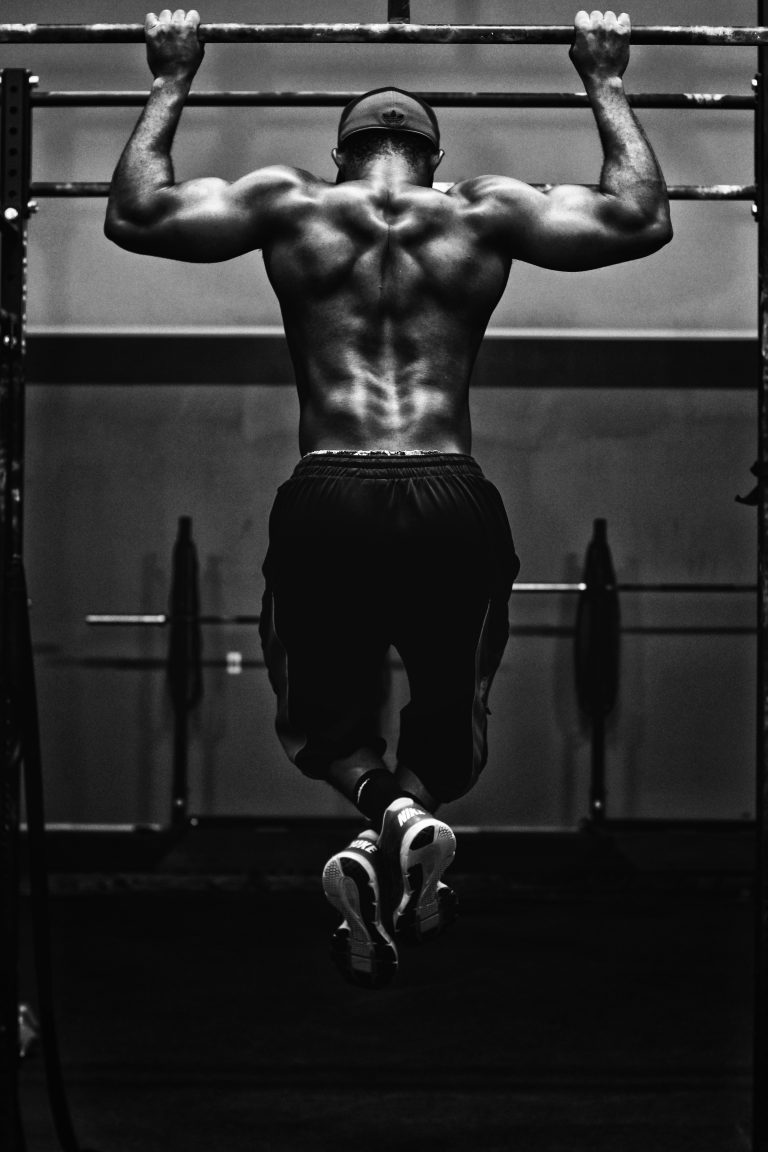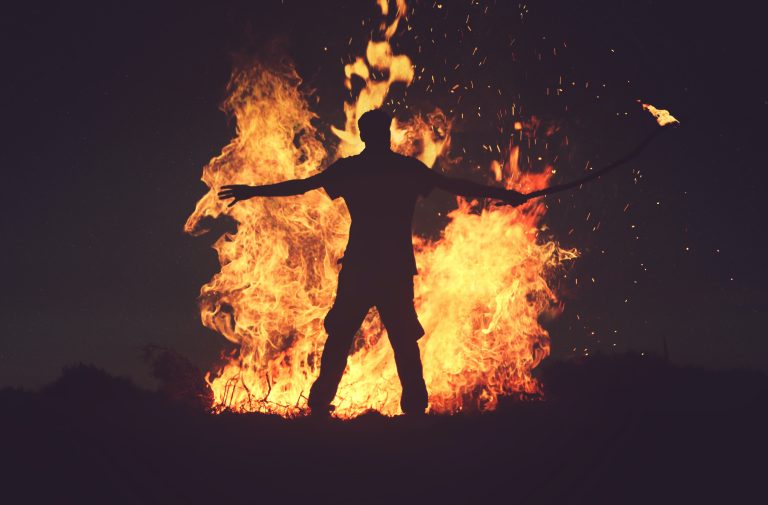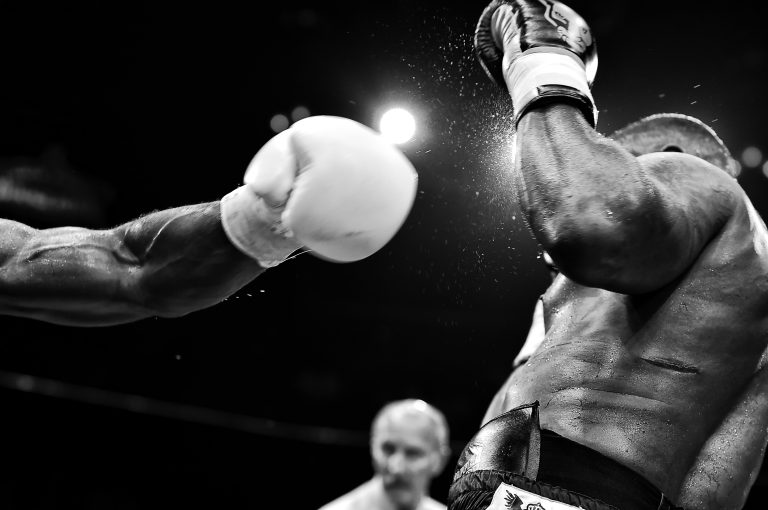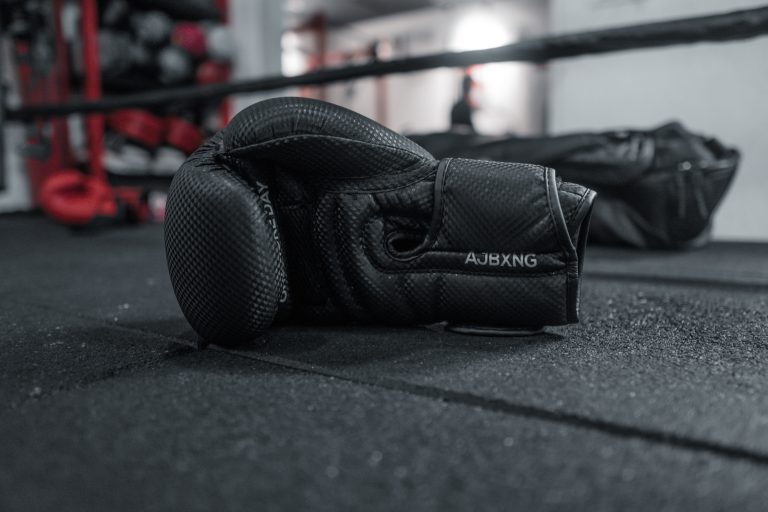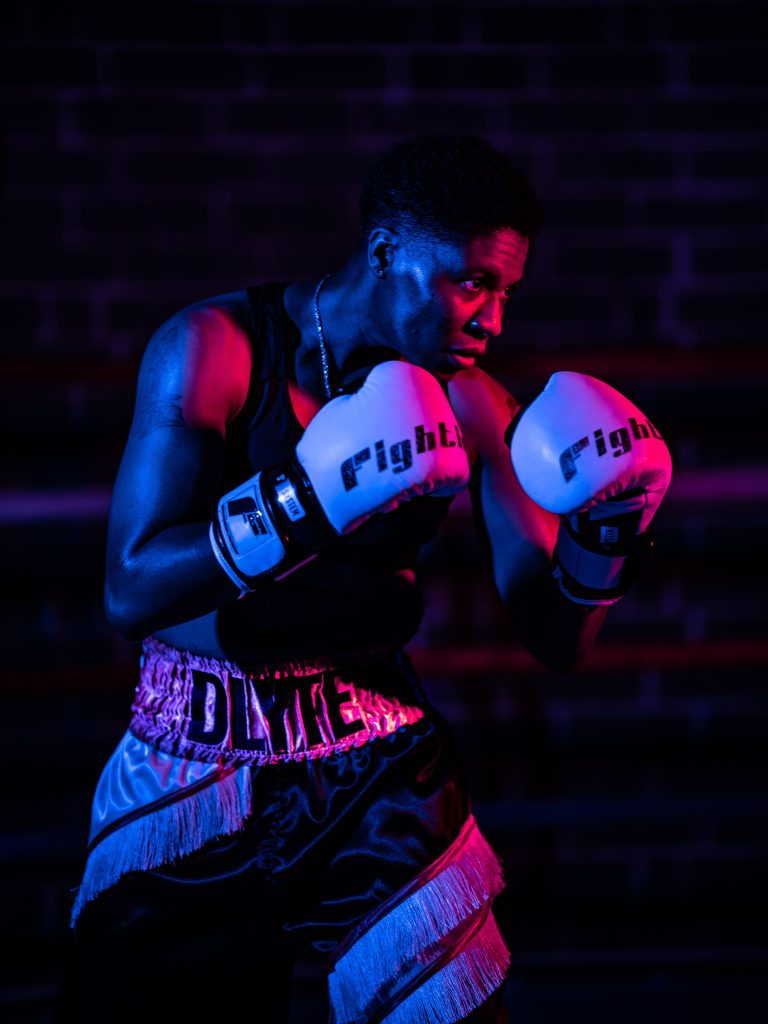Karatevereinsnamen und ihre Bedeutung
Karate ist eine der beliebtesten Kampfsportarten der Welt und wird von Millionen von Menschen auf der ganzen Welt praktiziert. Viele Karatevereine haben ganz spezielle Namen, die entweder eine Bedeutung haben oder historischen Hintergrund besitzen.
Shotokan
Der Shotokan-Karate-Verein ist einer der bekanntesten in der Karate-Welt. Der Name Shotokan setzt sich aus zwei Worten zusammen: Shoto, was so viel wie “fliegende Kiefern” bedeutet und kan, was “Haus” oder “Stilrichtung” bedeutet. Der Name wurde zu Ehren von Gichin Funakoshi, dem Gründer des Shotokan-Karate, gewählt.
Goju-Ryu
Goju-Ryu ist auch ein sehr bekannter Karateverein. Der Name bedeutet “Harter-Weicher-Stil”. Go bedeutet hart und Ju bedeutet weich. Dieser Name kommt von Chojun Miyagi, dem Begründer des Goju-Ryu-Karate. Miyagi war nach Okinawa gereist, um die Kunst des Karate zu erlernen, und als er wiederkam, kombinierte er die Techniken des harten Nahkampfs (Go) mit denen des weichen Handels (Ju).
Wado-Ryu
Wado-Ryu bedeutet “Wege des Friedens”. Dieser Name wurde von Hironori Ohtsuka, dem Gründer des Wado-Ryu-Karate, gewählt. Ohtsuka wollte mit seinem Karate Frieden und Harmonie fördern, anstatt für Krieg und Konflikt zu stehen.
Kyokushin
Kyokushin bedeutet “Ultimate Truth”. Dieser Name wurde von Masutatsu Oyama, dem Gründer des Kyokushin-Karate, gewählt. Oyama sah sein Karate als den Weg zur absoluten Wahrheit und als eine Möglichkeit, Körper und Geist zu verbessern.
Shito-Ryu
Shito-Ryu setzt sich aus den Namen der beiden Gründer Shito und Higaona zusammen. Shito-Ryu-Karate kombiniert die Techniken des Shuri-te-Stils (Shito) und des Naha-te-Stils (Higaona). Der Name soll an die Gründer erinnern, die ihre Karatetechniken kombinierten und so den Shito-Ryu-Stil schufen.
Insgesamt gibt es viele verschiedene Karatevereine und jeder hat seine eigene besondere Bedeutung. Das Erlernen eines Karatestils kann dabei helfen, Selbstvertrauen zu erlangen und die Körperbeherrschung zu verbessern. Manchmal kann es auch helfen, den richtigen Karateverein zu finden, indem man sich über ihre Namen und Bedeutungen informiert.
Most Frequently Asked Questions About Karate Club Names and Their Meaning
Karate is a martial art that has gained popularity around the world, with millions of practitioners from different countries. One of the essential elements of any karate training is joining a karate club known as a ‚Karateverein‘ in Germany. When searching for a Karateverein, you may come across different names that may sound unfamiliar or difficult to pronounce. In this blog post, we will address some of the most frequently asked questions about Karate club names and their meanings.
1. Why do Karate clubs have Japanese names?
Karate originated in Japan, and when it spread to other parts of the world, the Japanese naming tradition continued. The use of Japanese names in Karate clubs is not only a way of preserving the traditions of the art but also helps to unify practitioners across the world through a shared language.
2. What do the different parts of Karate club names mean?
Karate club names typically have two or three parts. The first section is the name of the style of Karate practiced in the club, known as ‚ryu‘ in Japanese. The second part usually describes the location of the Karate club, such as a neighborhood, city, or province. The third section, when present, usually describes the name of the founder or the current instructor.
3. What is the meaning of „ryu“ in Karate club names?
Ryu is a Japanese word that means „school“ or „style“. It describes the particular style of Karate that the club practices. There are various styles of Karate, such as Shotokan, Goju-ryu, Wado-ryu, Shito-ryu, and others, each with its unique techniques and training methods.
4. What is the significance of the location section in Karate club names?
The second part of a Karate club name, which describes the location, can be of various degrees of specificity, ranging from a neighborhood to a city, region, or even a country. These names are often used as a way of identifying the club’s locality and can be useful in attracting potential members from the surrounding area.
5. Are Karate club names exclusive to a specific style of Karate?
No, Karate club names are not exclusive to a specific style of Karate. Clubs can have different names even if they practice the same style of Karate. For example, two Shotokan Karate clubs can have different names based on the location and the instructor’s name.
6. What is the meaning of the instructor’s name in Karate club names?
Some Karate club names may have the name of the founder or the current instructor as part of the name. This practice is common in Japan, where a teacher’s name carries significant weight and can attract students to the club. In such cases, the instructor’s name is typically added to the end of the club name.
7. How can knowing the meaning of Karate club names be useful?
Knowing the meaning of Karate club names can be helpful in several ways. Firstly, it can help you understand the origin and history of the club. Secondly, it can give you an idea of the style of Karate practiced in the club. Thirdly, it can help you identify potential Karate clubs to join, depending on the style or location you prefer. Lastly, it is an excellent way of appreciating the cultural and linguistic aspects of the art.
Conclusion
In conclusion, Karate club names may sound unfamiliar, but they carry significant meaning and history. Understanding the different parts of Karate club names can help you make an informed decision when choosing a club to join. Whether you are a beginner or an experienced practitioner, joining a Karate club is an excellent way of honing your skills, staying in shape, and connecting with like-minded individuals.
Inhaltsverzeichnis

